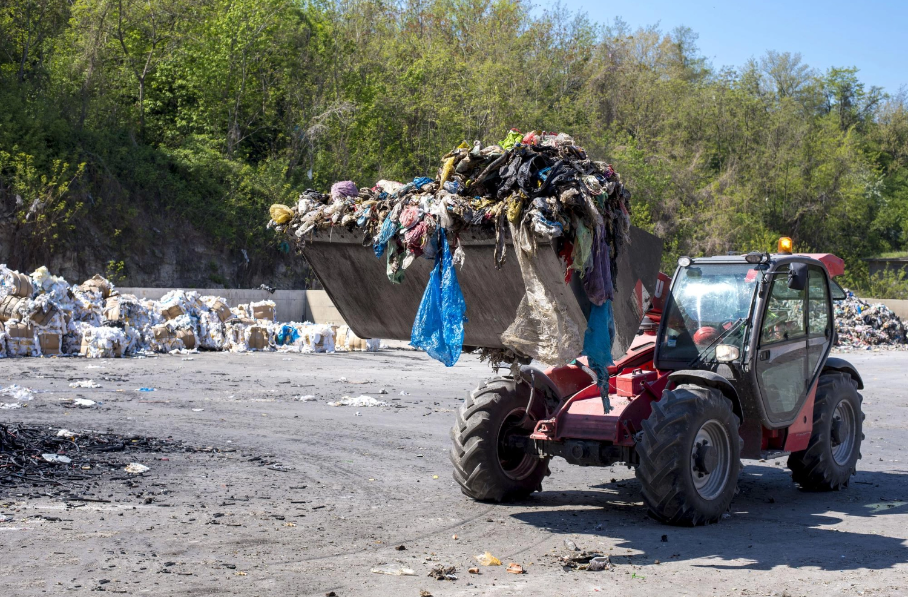It is a refined fuel for diesel engines, offering efficient combustion, lower emissions, and cost friendly for industry.
Heavy Fuel Oil is produced from the recycling serves as a robust energy source for marine and industrial application.
High-quality Black Carbon, derived from recycled used tires, is a versatile material used in various applications
Our Solid Fuel, created from processed waste plastic, is an efficient and versatile energy source for industrial heating

The recycling industry contributes significantly to the economy, creating jobs and fostering innovation. By investing in advanced recycling technologies and processes, companies can improve efficiency and expand the range of materials that can be recycled.

Sustainability in waste management involves integrating environmental, social, and economic considerations to create long-lasting solutions. By prioritising recycling and sustainable practices, businesses can enhance their corporate social responsibility (CSR) profiles and contribute to the overall health of the planet.

Recycling is a cornerstone of sustainable waste management, offering a viable solution to reduce the volume of waste sent to landfills and the consumption of finite resources. By transforming waste materials into new products, recycling not only conserves natural resources but also lowers energy consumption and reduces pollution.
An oil sludge recycling plant processes waste oil sludge, recovering valuable hydrocarbons and separating contaminants.
By recycling waste plastic into fuel products, we are promoting a circular economy and minimizing the environmental impact of plastic waste.
This process reduces landfill waste, prevents environmental pollution, minimize waste and emissions, contributing to a cleaner planet.

The private entity builds, operates, and owns the asset during the contract period. After the agreed time, ownership is transferred to the public sector. The private sector retains control for a longer duration, including ownership.

The private entity builds and operates the asset but does not own it. Ownership is immediately or eventually transferred back to the public sector after a specified operational period.

PPP projects involve the government and private sector working together to develop and manage public services or infrastructure, sharing risks and rewards.
It is a refined fuel for diesel engines, offering efficient combustion, lower emissions, and cost friendly for industry.
By converting plastic waste, we reduce landfill strain and provide sustainable energy alternatives that promote environmental responsibility.
A waste tyre recycling plant converts discarded tyres into reusable materials like rubber, steel, and oil, reducing pollution and supporting a circular economy.